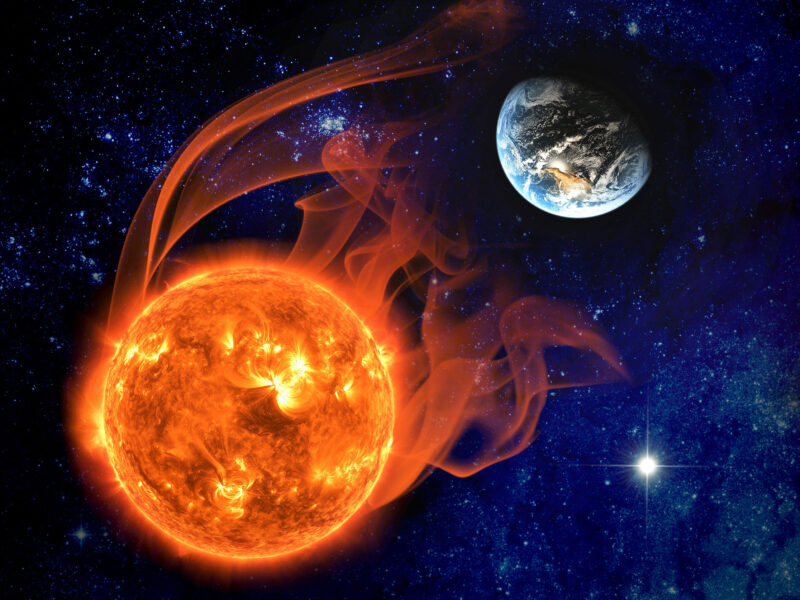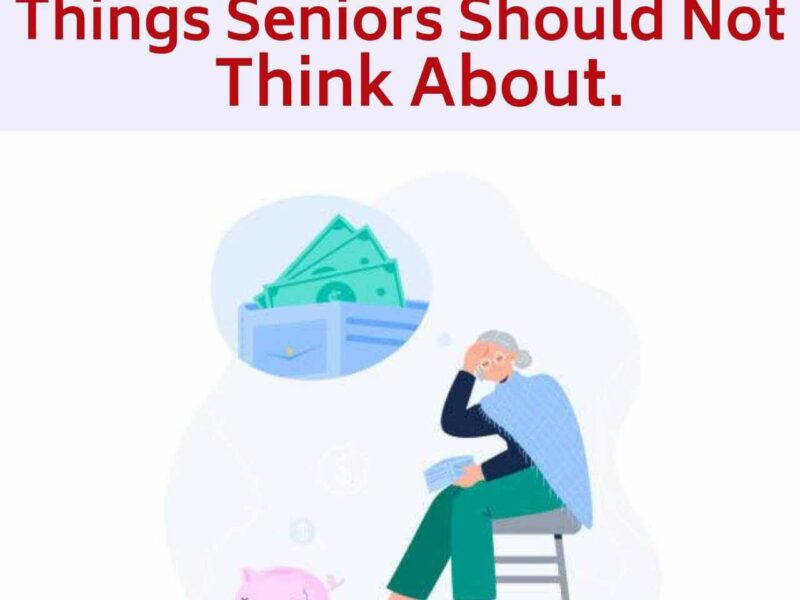By Doc Willie Ong
Who is most at risk of having high blood pressure?
- People who have family members with high blood pressure.
- Those who eat a lot of salt and fatty food.
- Individuals older than 35
- African people.
- Drinkers of coffee or other caffeinated beverages.
- Those exposed to extremely hot weather.
- Persons with kidney disease.
- Patients with adrenal or thyroid problems.
- Overweight individuals.
- People who are lacking exercise.
- Those who drink alcohol. Alcohol increases levels of renin hormones which constricts blood vessels. Renin also lowers fluid eliminated as urine. Moreover, cortisol hormones are produced that causes the release of catecholamines. This chemical causes the excretion of less fluid. Furthermore, baroreceptors that control the stretching of blood vessels become less sensitive. Constricted blood vessels that can’t stretch and more body fluids produce high blood pressure.
- Smokers. Nicotine in cigarettes causes narrowing blood vessels and a faster heartbeat. This raises blood pressure and increases the chance of heart disease and heart attack.
- Pregnant women. One in every 12 to 17 pregnant women have high blood pressure. One reason is that pregnant women can develop as big as 45% more blood volume during pregnancy. Having more blood exerts more force on the walls of the blood vessels thus increasing blood pressure.
- Women taking birth control pills.
- Those with sleep apnea have their breathing stop and start while sleeping. Having a lack of sleep can also cause high blood pressure.
- People with stress. Some people handle stress poorly. Perhaps they have stressful jobs or a personality that is irritable and quick to anger. Some people with stress take up smoking which worsens high blood pressure.
- Weight-lifters or construction workers doing the heavy lifting.
How to Treat High Blood Pressure
- Relax. Breathe in. Hold the air in for 2 seconds and exhale. Repeat the process by taking slow and deep breaths.
- Consult your doctor so he can give you the proper medication.
- Diuretics make you urinate helping the kidneys to get rid of excess sodium. This includes chlorthalidone, hydrochlorothiazide (Mirozide), etc.
- Angiotensin-converting enzyme (ACE) inhibitors. This relaxes the blood vessels by blocking the chemical that constricts blood vessels. This includes benazepril, captopril, lisinopril, and more.
- Angiotensin II receptor blockers (ARBs) also relax blood vessels by blocking the actions of the chemical that constricts the blood vessels. Candesartan and losartan are examples of ARBs.
- Calcium channel blockers. Amlodipine, diltiazem, etc. This relaxes the muscles of blood vessels and some of these medicines also slow the heart rate. This works better for older people and African people. Don’t take grapefruit when taking this type of medication as grapefruit can raise the levels of calcium channel blockers in the blood.
- Alpha-blockers lessen nerve signals to blood vessels. This counters the effect of chemicals causing blood vessels to narrow. These medicines include prazosin and doxazosin.
- Alpha-beta blockers slow heartbeat and block nerve signals to the blood vessels. This reduces the amount of blood being pumped through the blood vessels. Carvedilol and labetalol are examples.
- Beta-blockers make the heart beat slower and with less force. These include acebutolol and atenolol. These are often mixed with other medications.
- Aldosterone antagonists. This blocks the chemical that causes salt and water buildup that initiates high blood pressure. They are also considered diuretics. This is used for resistant hypertension where the patient still has high blood pressure despite already taking several medications.
- Renin inhibitors. Slows the production of renin, an enzyme made by the kidney that starts a chemical chain reaction that increases blood pressure. An example is aliskiren. Don’t take this kind of drug in combination with ACE inhibitors or ARBs because it could lead to a stroke.
- Vasodilator. Prevents the muscles in the walls of arteries from tightening and the arteries from becoming narrow.
- Central-acting agents. Stops the brain from increasing heart rate and narrowing blood vessels. Clonidine, guanfacine, and methyldopa are examples.
- Check your blood pressure at a nearby clinic. Early detection and treatment of high blood pressure can stop it from damaging internal organs.
- Lessen your sodium intake. Salt makes the body and the blood hold extra water. Extra water in the blood exerts more pressure on the walls of the blood vessels. The goal is to have less than 2,300 milligrams (mg) of sodium per day. Check food labels, stop adding salt, and don’t eat processed foods. Salt is usually added during processing. Eat more natural foods. This is going to reduce blood pressure by 5 to 6 mm Hg.
- Add potassium to your diet. Experts recommend 4,700 mg of potassium for the average adult. Potassium increases the amount of sodium excreted in the urine. It also lessens the tension in the walls of blood vessels.
- Exercise. Doing 30 minutes of physical activity daily can lower high blood pressure by 5 up to 8 mm Hg.
- Watch your weight. Lessen the size of your waistline. Men should aim for a waistline of fewer than 40 inches and women should strive for a waistline of fewer than 35 inches.
- Eat foods high in potassium, calcium, fiber, protein, and magnesium. Avoid sodium. Avoid saturated fat. Eat more fruits, vegetables, and whole grains. Choose zero fat or low-fat dairy. Eat beans, chicken, fish, and nuts. Avoid fatty meat.
- Stop smoking. Nicotine in cigarettes causes the heart to beat faster and the blood vessels to become narrow. This causes high blood pressure.
- Don’t drink alcohol. Limit yourself to one drink only for women and 2 drinks only for men. One drink is equivalent to 5 ounces of wine, 12 ounces of beer, and 1.5 ounces of 80-proof (40% alcohol) distilled liquor. This will lower blood pressure by 4 mm Hg.
- Get adequate sleep. Having less than six hours of sleep for many weeks can cause high blood pressure. Having insomnia or sleep apnea interrupts sleep. Don’t eat a big dinner; don’t nap during the day; avoid caffeine or nicotine at night; and make a healthy sleep schedule.
- Avoid stress. Lessen your work if possible. Prioritize the more important work. Make time for relaxation activities. Enjoy an evening in the company of family or friends. Read a book. Watch a movie. Start a relaxing hobby. Get a pet. Count your blessing and be thankful. These activities can occupy your mind with more positive thoughts and lessen stress.



